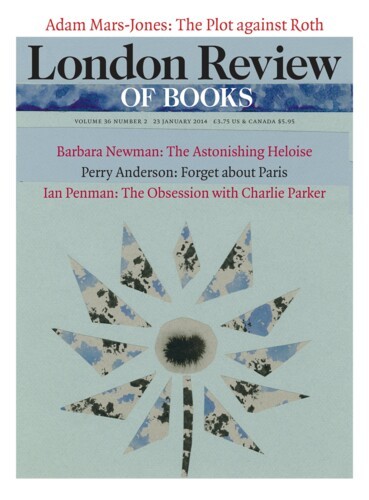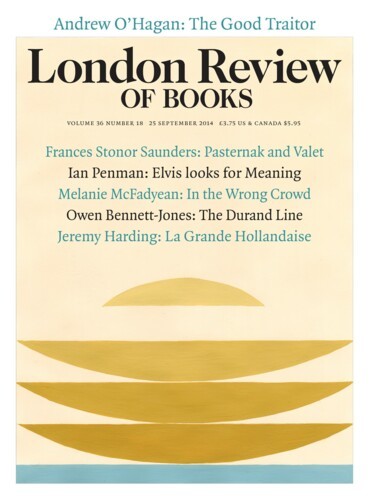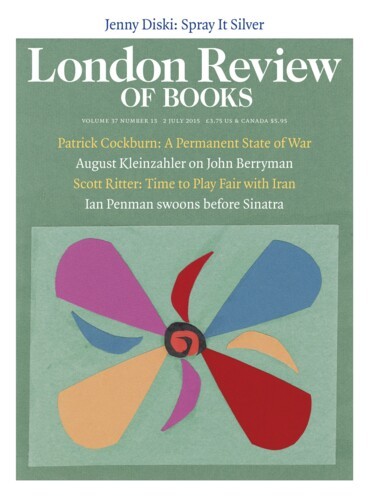Even If You Have to Starve: Mod v. Trad
Ian Penman, 29 August 2013
In a lovely 1963 piece on Miles Davis, Kenneth Tynan quoted Cocteau to illuminate the art of his ‘discreet, elliptical’ subject: Davis was one of those 20th-century artists who had found ‘a simple way of saying very complicated things’. Jump to 1966 and the meatier, beatier sound of a UK Top 20 hit, the Who’s ‘Substitute’, a vexed, stuttering anti-manifesto, with its self-accusatory boast: ‘The simple things you see are all complicated!’ You couldn’t find two more different musical cries: Davis’s liquid tone is hurt, steely, where Townshend’s is impatient, hectoring.





